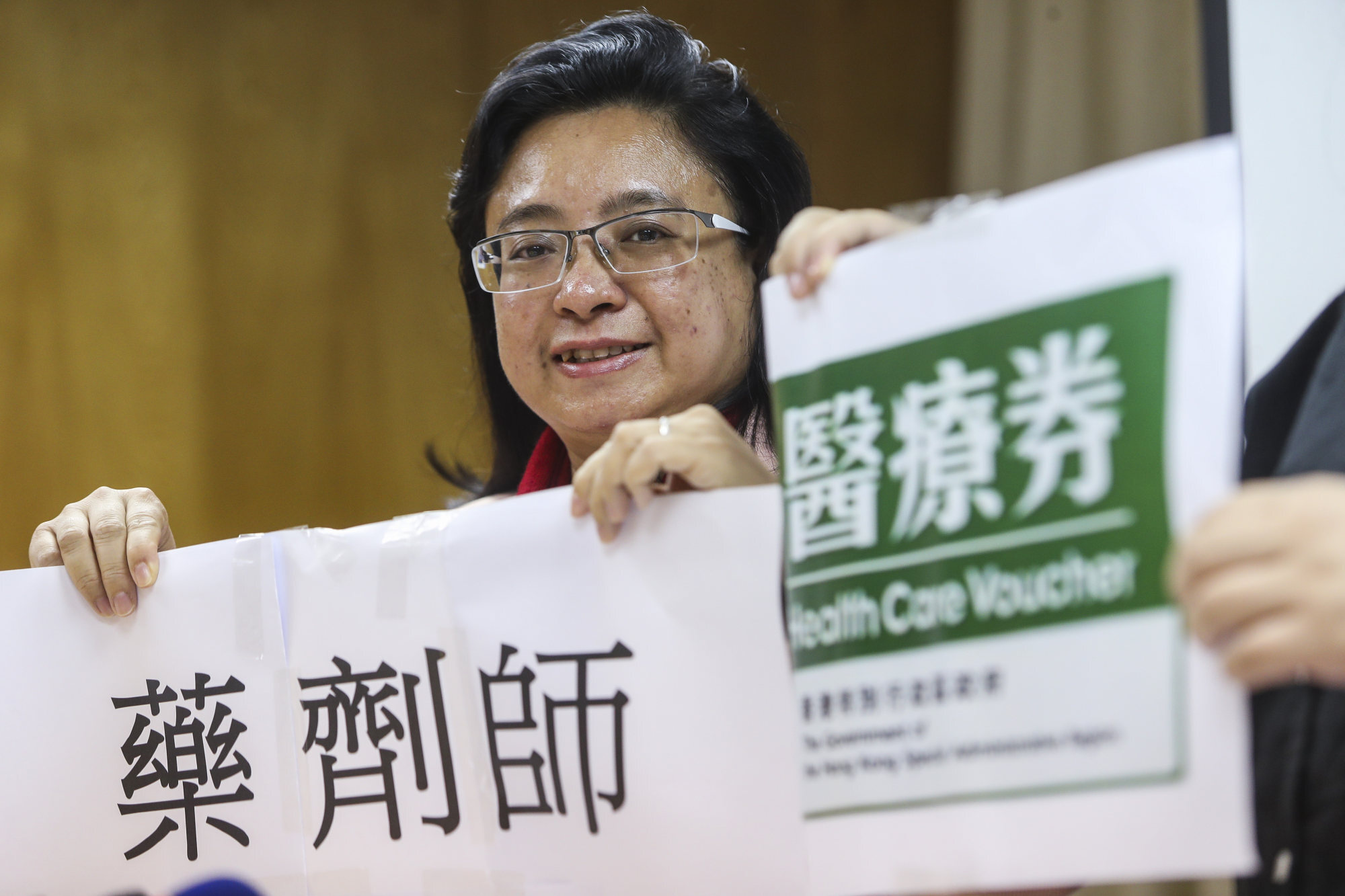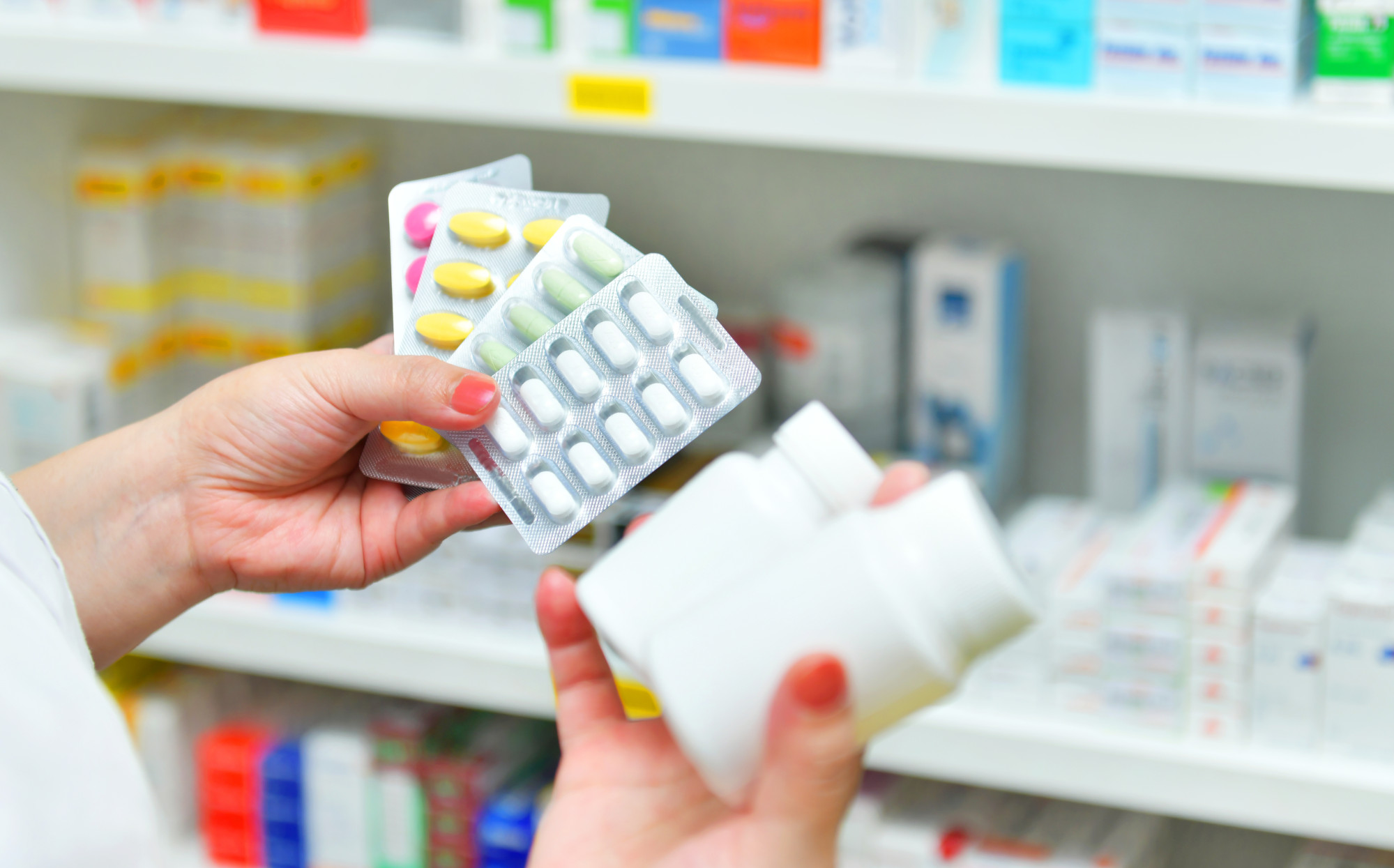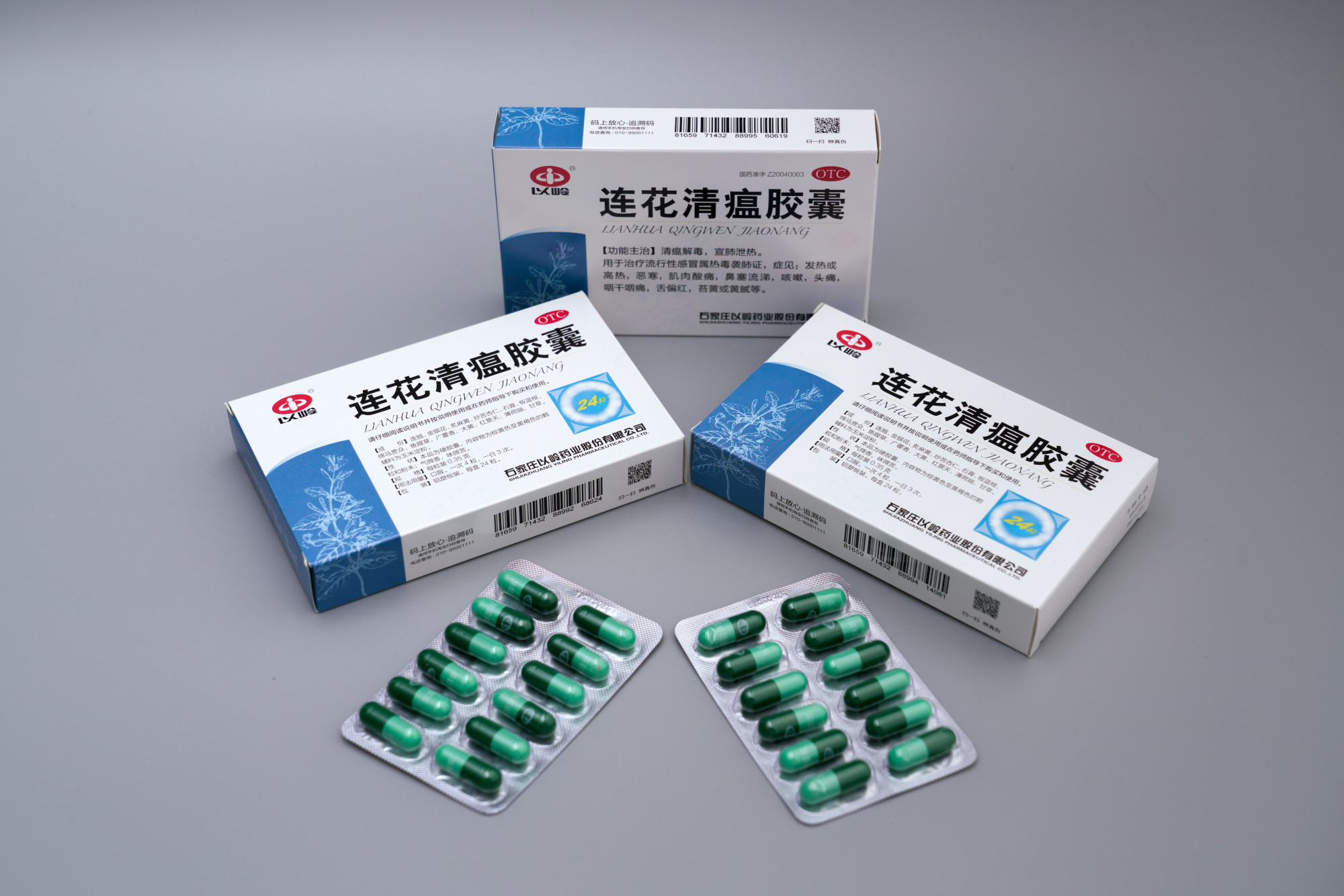
Coronavirus: medicine delivery services in Hong Kong unsupervised by pharmacists could expose patients to risks of taking wrong drugs, group warns
- Practising Pharmacists Association says it could be against the law if pharmacists did not provide explanations about the medicine delivered to patients
- Service providers may have to bear legal consequences if residents are harmed as a result of taking medication delivered without pharmacist supervision, it adds
The Practising Pharmacists Association issued the warning after a number of organisations and companies launched delivery services for those unable to obtain medicines from hospitals or clinics, such as Covid-19 patients, their close contacts and the elderly.
The association, which has also been providing such services since the fifth wave began, is seeking discussions with the government to allow not only paper but also electronic medical prescriptions.

It said the move could speed up delivery and allow them to serve more people in the event of a lockdown, where a few thousands requests a day were expected.
The group’s president Iris Chang Yee-man said it could be against the law if pharmacists did not provide explanations about the medicine delivered to patients, while service providers might have to bear legal consequences if residents were harmed as a result of taking medication delivered without the supervision of a pharmacist.
She said medicines were not general goods that could be casually delivered to patients by post, courier companies or volunteers.
“Medicine delivery service is actually a professional service provided by pharmacists. It is a part of the medicine dispensing process,” she said. “If the wrong medicine is given to patients, it could be poisonous.”
According to the Pharmacy and Poisons Ordinance, the sale of prescription medicine has to be conducted by a registered pharmacist or in the presence and supervision of one.
There are currently about 3,000 pharmacists in Hong Kong, according to Chang.
“The medicine that was handed to a third party when it left the pharmacy could be mixed up, damaged or crushed. It might be even replaced with other pills as the original pills might be sold to earn profits,” Chang said, adding consumers should ensure they bought medicine from pharmacies stationed by pharmacists and authorised drug stores.
The association said its team of 200 pharmacists began delivering medicine in person and straight to patients’ doors about three to four months ago, expecting to carry out a few thousand trips per day, in case there was a lockdown. The patient would need to pay for the medicine and a flat delivery fee of HK$100 (US$12.80).

After receiving a text from the patient about the medicine, the pharmacist will obtain in person a prescription authorised by the patient from the hospital or clinic and procure the medicine.
Non-prescription drugs and other medical supplies such as thermometers and cooling patches for fever will also be available and priority will be given to patients with urgent needs. Patients will be instructed on the medicine’s usage by the pharmacist via phone.
Chang said the association had invited the government to discuss if it could subsidise the delivery fee for the underprivileged and the possibility of electronic prescriptions, which could save time on obtaining them in person.
The Post has reached out to the Department of Health about the delivery service.
Government sources said on Tuesday a nine-day “large-scale lockdown” was expected for compulsory mass testing this month, triggering a panic-buying spree as Hongkongers wiped out supermarkets and pharmacies.
Chang said a number of pharmacies wished to maintain operating in the event of a lockdown.

Meanwhile, Stanley Wong, deputy managing director of Chuan Chiong Co. Ltd, the supplier of Chinese medicine “Lianhua Qingwen Jiaonang” in Hong Kong, said Hongkongers snapped it up as soon as stock was replenished.
“Before the Lunar New Year we’d already increased orders by several times to cope with an anticipated surging demand but the medicine was quickly sold out at supermarkets and pharmacies across Hong Kong,” he said.
The medicine, recommended by the central government, was commonly used to treat Covid-19 patients with mild symptoms in mainland China.
“The supply of Lianhua Qingwen Jiaonang will be steady but due to delays in shipments the public will need to wait for a few more days before it can be restocked,” he added.

